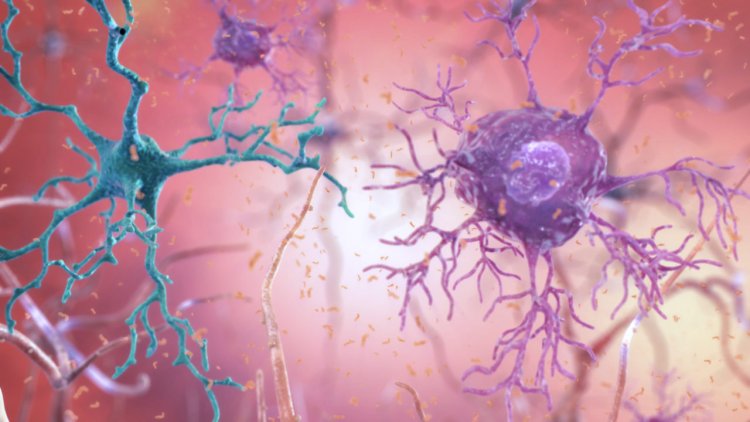First Choice Neurology BAN2401 Study to Assess New Alzheimer's Treatment

First Choice Neurology is participating in an FDA-approved Phase III clinical trial to determine the benefit of BAN2401 for Alzheimer's disease.
MIAMI: First Choice Neurology is participating in an FDA-approved Phase III clinical trial to determine the benefit of BAN2401.
What is BAN2401?
BAN2401 is a new class of human-derived antibody which prevents the deposition of beta-amyloid on brain cells. Beta-amyloid build-up on brain cells is implicated in the pathogenesis of Alzheimer's. Drug safety data looks good and it seems well tolerated in preliminary studies. Ban2401 is given biweekly and then monthly via IV infusion.
BAN2401 Phase III Clinical Trial
Miami neurologist, Dr. Jeffrey Gelblum, is a study investigator who is involved in recruiting patients for this protocol. Dr. Gelblum explains, "BAN2401 represents a major milestone in developing disease-modifying treatments against Alzheimer's. Thus far, existing medications have only been able to alleviate some of the symptoms of the disease but not impact its debilitating course. Now we have hope to offer something which might actually slow the progression."
As with any clinical trial, study enrollees are randomized to receive either BAN2401 or a placebo. Neither the patient nor Dr. Gelblum will know who is in which group until the study concludes in mid-2021.
The BAN2401 study is limited to 800 enrollees. Call: 305-936-9393 to schedule an appointment, and mention "BAN2401".
BAN2401 Phase II Showed Positive Results
The final analysis at 18 months of the 856 patient Phase II clinical study in early Alzheimer's disease demonstrated statistically significant slowing in clinical decline and reduction of amyloid beta accumulated in the brain. First late-stage study data successfully demonstrating potential disease-modifying effects on both clinical function and amyloid beta accumulation in the brain. New data provide compelling evidence to further support amyloid hypothesis as a therapeutic target for Alzheimer's disease.















































